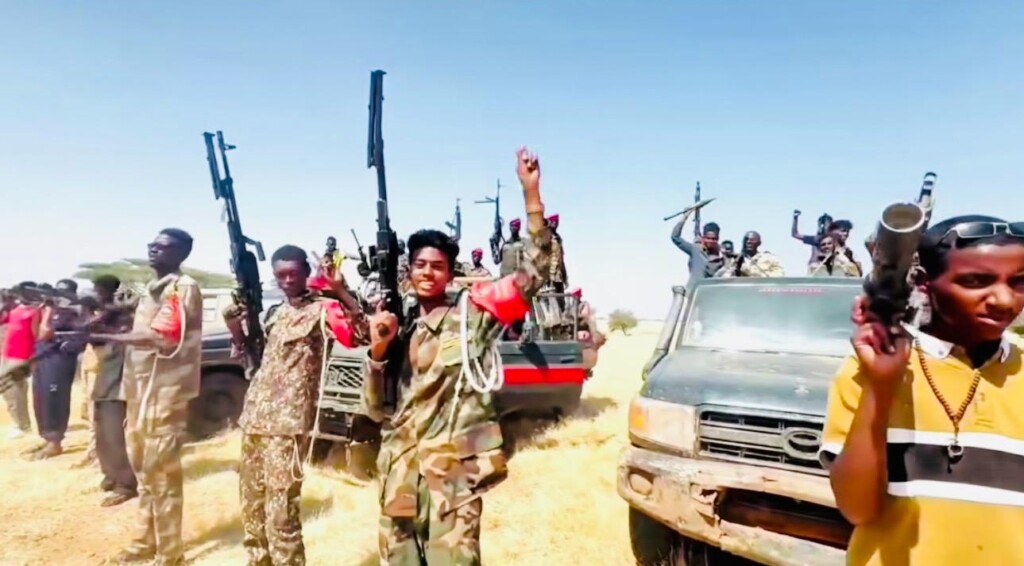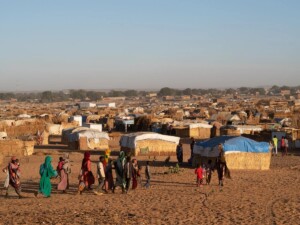Battles rage in Sudan’s North Kordofan with both sides claiming victory

Soldiers supporting the Sudanese Armed Forces (Supplied)
Fierce fighting continues between the Sudanese Armed Forces (SAF) and the Rapid Support Forces (RSF) in North and West Kordofan, forcing thousands of civilians to flee. In a statement released on Tuesday, the SAF claimed “significant advances on all fronts” in the Kordofan region following battles waged by its units and supporting forces.
The statement added that “the army inflicted heavy losses on the RSF in terms of both personnel and equipment,” and that “several vital locations had been secured and redeployed according to plan”.
In a separate statement via the X platform, Minni Arko Minawi, the governor of Darfur, confirmed on Tuesday that the army had defeated the RSF in Jebel Abu Sunun and other areas in North Kordofan.
Counter-claim
In their own statement, the RSF claim to have made advances in the Jebel Abu Sunun, Jebel Issa, and El Ayara areas west of El Obeid. In a statement, the RSF claim to have achieved “victories” against the army and its supporting forces on this front, “killing 290 of their members, destroying 40 combat vehicles, and capturing 70 others.” The statement claims these victories consolidate the RSF’s complete control over most of the Kordofan region.
A military source said that the SAF targeted RSF formations in the towns of El Mazroub and Bara in North Kordofan with drones on Tuesday.
These developments came a day after fierce battles in the Umm Sayala area ofNorth Kordofan between the Rapid Support Forces and the Sudan Shield Forces, which support the army.
During these battles, the army and its allied forces announced their withdrawal from Umm Sayala for what they described as “tactical reasons”. The Sudan Shield Forces announced that their commander, Abu Aqla Kikil, was wounded while leading the battle in Umm Sayala in North Kordofan on Monday. They also announced the deaths of several soldiers and injuries to others.
The current hostilities and fluid situation in Darfur makes claims and counter-claims by the various warring parties, coupled with campaigns of disinformation on social media platforms, difficult to independently verify.











 and then
and then